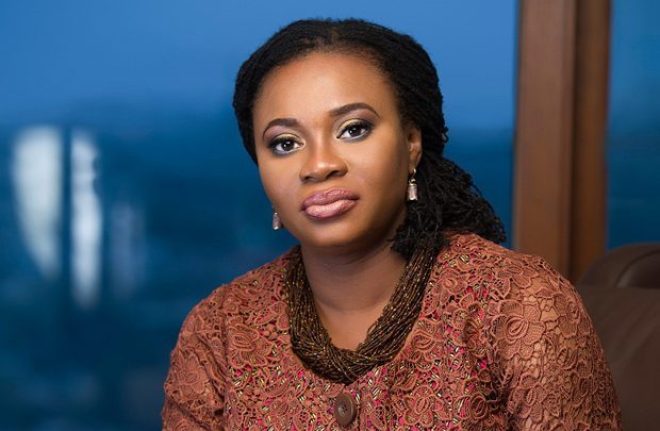Dr. Aurelia Ayisi, a Lecturer in the Communication Studies Department at the University of Ghana, has expressed deep concerns about the rising tide of misinformation and disinformation in the country, especially during the election period.

Speaking at the Africa Media Bureau’s Media Executives Breakfast Meeting on Thursday, November 28, at the Coconut Grove Hotel in Accra, Dr. Ayisi highlighted the troubling trend of reputable media outlets’ news cards being misused to disseminate false information.
She pointed out that the increasing volume of misleading content is making it harder to separate truth from falsehood. Dr. Ayisi’s research indicates a significant gap between information literacy and digital literacy, leaving many vulnerable to uncritically accepting inaccurate information.
Dr. Ayisi urged media organizations to prioritize fact-checking and accuracy before disseminating information, underscoring their vital role in fighting the spread of misinformation.
“Our research tells us that there’s a big gap between information literacy levels and digital literacy levels. But also media literacy levels, people have mobile phones, they’re able to open a meta account, X account and send email. But when they’re faced with issues, particularly with what we are seeing in the election cycle, Channel One TV for instance I think we call it a news card.
“All over social media, you will see news cards of a credible media house, but some political actors have taken the media cards and have re-written what they want on them. If you are not media and information literate you will take it for it. And so it brings into question the credibility of what we have always known as the truth.
“And again the idea about how fast or how quickly should we be releasing news, right? Journalism has also prioritised the idea of pushing news first, breaking the news. But because of the ecosystem we find ourselves in, getting it right first has become more paramount, yes there are fact checkers who are in the ecosystem who are trying to make sure that the system is sanitised.
“Although the truth is there, it’s buried by an avalanche of misinformation/disinformation and malformation.”
“It has made journalism extremely difficult and it now requires a stakeholder approach where policymakers and journalists can come together to work from different angles so that we are more progressive efforts that we are making to sanitise and make sure that the information that we are getting is credible.”





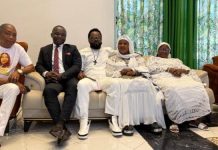






























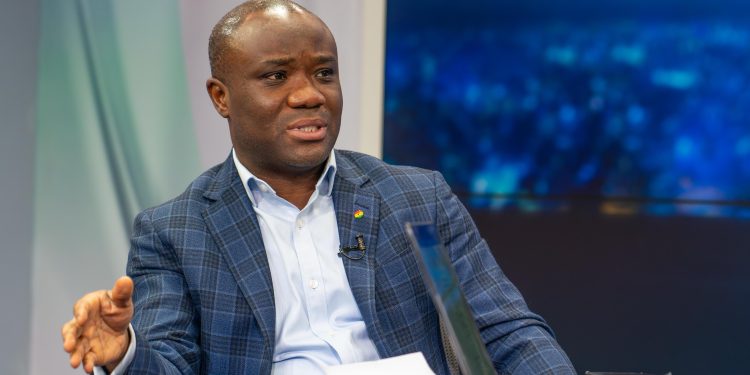
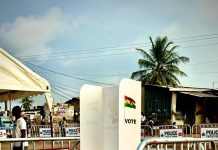


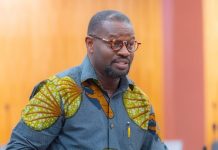












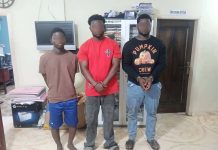


![[FREE FREE MONEY] Predict and Win a Guaranteed GH¢200 From Us EVERY WEEK](https://wordpress.ghanatalksradio.com/wp-content/uploads/2022/02/Predict-and-Win-Final-09-03-2021-218x150.jpg)
![[Predict & Win – 8th/Oct.] WIN A Guaranteed ¢200 From Us This Week](https://wordpress.ghanatalksradio.com/wp-content/uploads/2021/10/maxresdefault-16-218x150.jpg)
![[Predict & Win – 2nd] WIN A Guaranteed ¢200 From Us This Week](https://wordpress.ghanatalksradio.com/wp-content/uploads/2021/09/maxresdefault-50-218x150.jpg)
![[Predict & Win – 25th] WIN A Guaranteed ¢200 From Us This Week](https://wordpress.ghanatalksradio.com/wp-content/uploads/2021/09/maxresdefault-36-218x150.jpg)
![[Predict & Win – 18th] WIN A Guaranteed ¢200 From Us This Week](https://wordpress.ghanatalksradio.com/wp-content/uploads/2021/09/maxresdefault-23-218x150.jpg)








![[National cathedral] See full list of churches that have contributed since 2018](https://wordpress.ghanatalksradio.com/wp-content/uploads/2020/09/Ghana-National-Cathedral-GhanaTalksRadio-100x70.jpg)



